9 Mind-Bending Movies That Keep You in Suspense Until the Final Scene
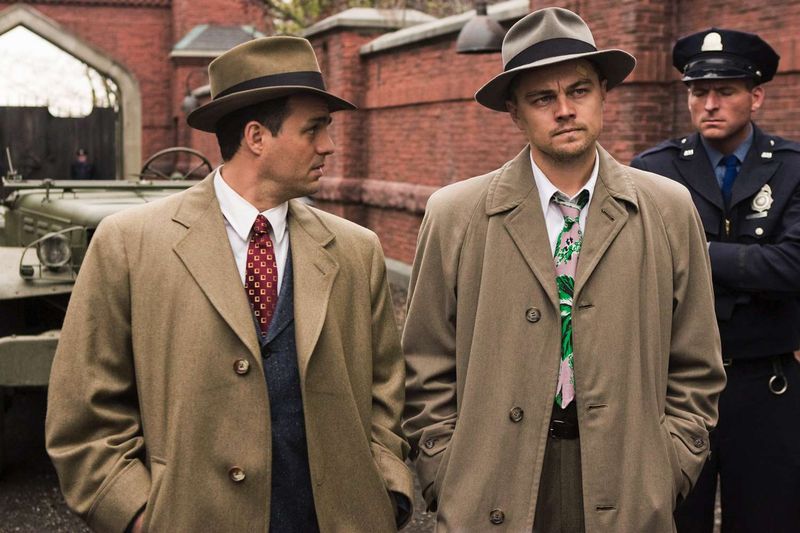
Ever felt your heart racing while watching a movie, completely unsure what might happen next? Some films are masters at keeping us guessing, building tension that doesn’t release until the very end. These psychological thrillers don’t just entertain—they challenge our perceptions and make us question everything we thought we knew. Here are 9 unforgettable movies that twist, turn, and keep viewers on the edge of their seats until the final credits roll.
1. The Matrix
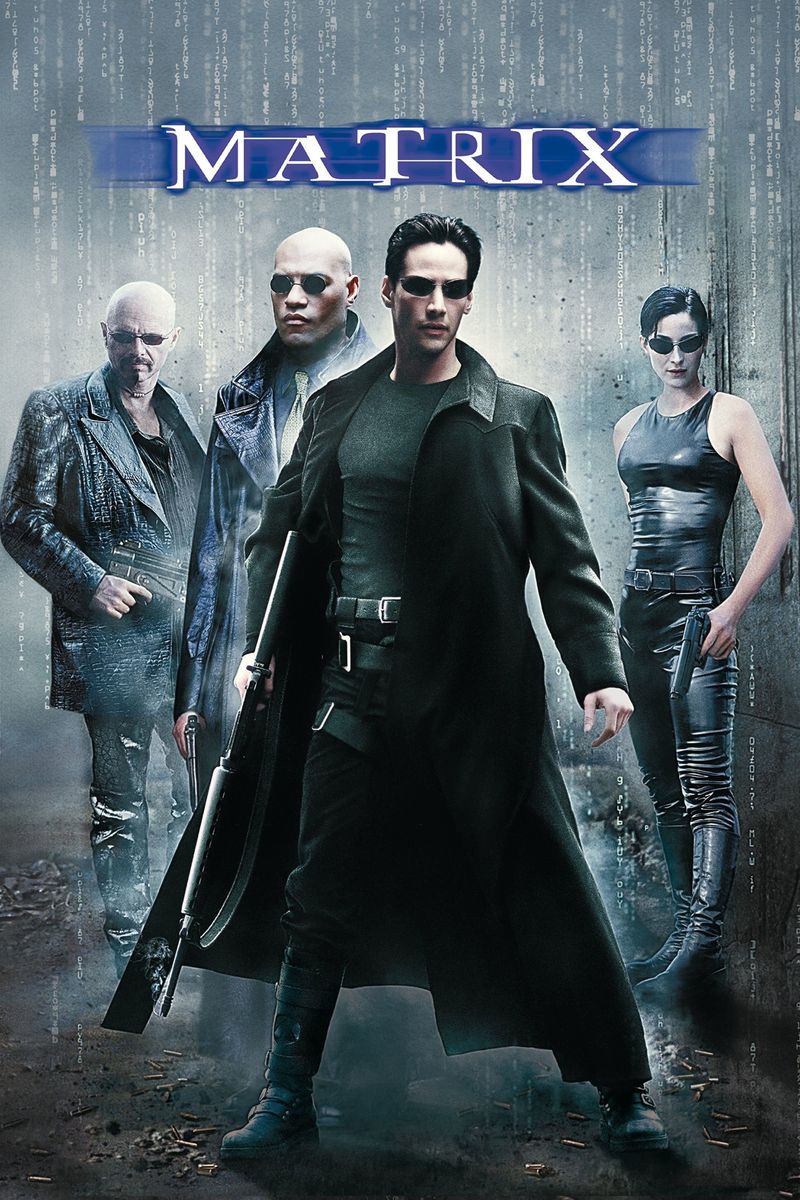
Neo’s journey from office worker to digital messiah redefined science fiction in 1999. What begins as a hacker’s adventure transforms into an earth-shattering revelation—our world is merely a computer simulation designed to pacify humans while machines harvest their energy.
The Wachowskis created more than just spectacular action sequences with their innovative “bullet time” effects. They wove philosophy, religion, and cyberpunk literature into a mind-bending narrative that forces viewers to question their own reality.
By the time Neo finally embraces his abilities in the film’s climactic moments, audiences aren’t just watching a hero’s triumph—they’re contemplating the nature of free will, perception, and what it truly means to be awake.
2. The Machinist
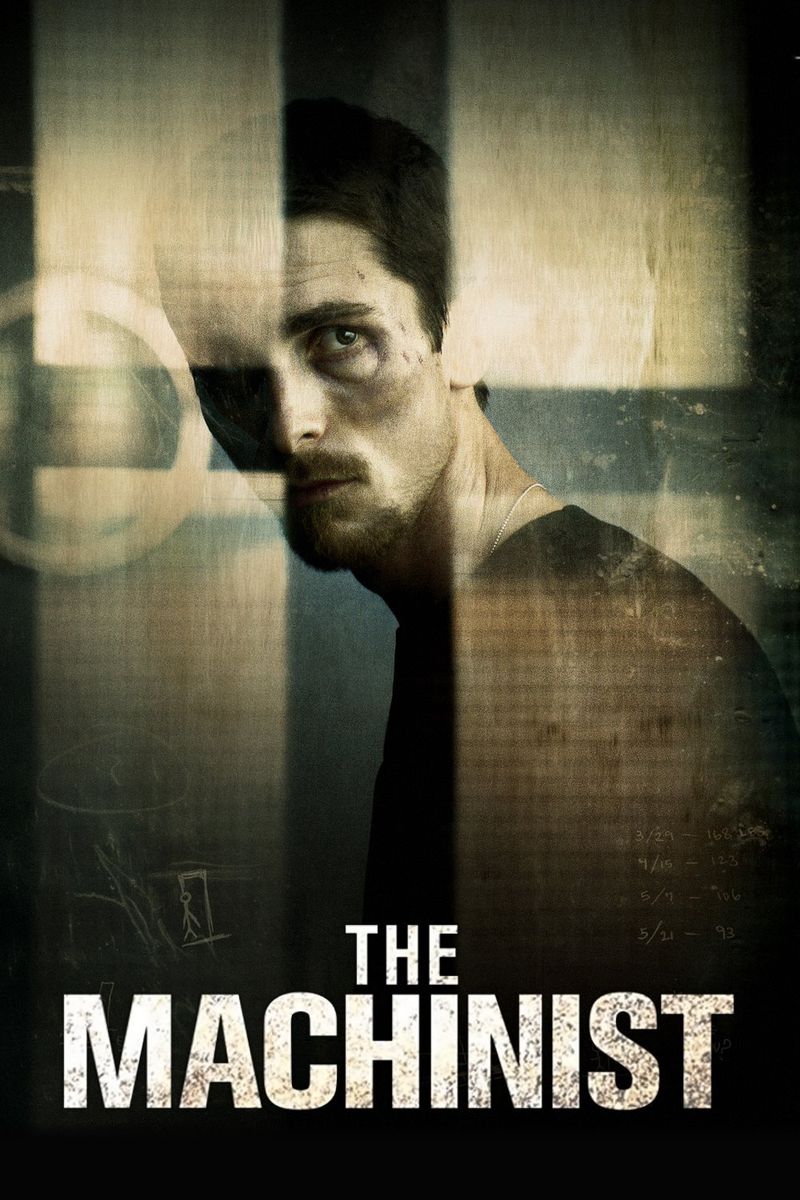
In a haunting portrayal, Christian Bale shed 63 pounds to embody Trevor Reznik, a factory worker plagued by insomnia for a year. Trevor’s deteriorating mind is marked by eerie notes left in his apartment and the presence of an invisible coworker stalking him.
Director Brad Anderson crafts a bleak, industrial nightmare where reality bends with each passing sleepless hour. The washed-out color palette mirrors Trevor’s increasingly hollow existence as paranoia consumes him.
The film’s brilliance lies in making viewers question what’s real alongside Trevor. When the devastating truth finally emerges about why he can’t sleep, the revelation reframes everything we’ve witnessed with heartbreaking clarity.
3. Memento
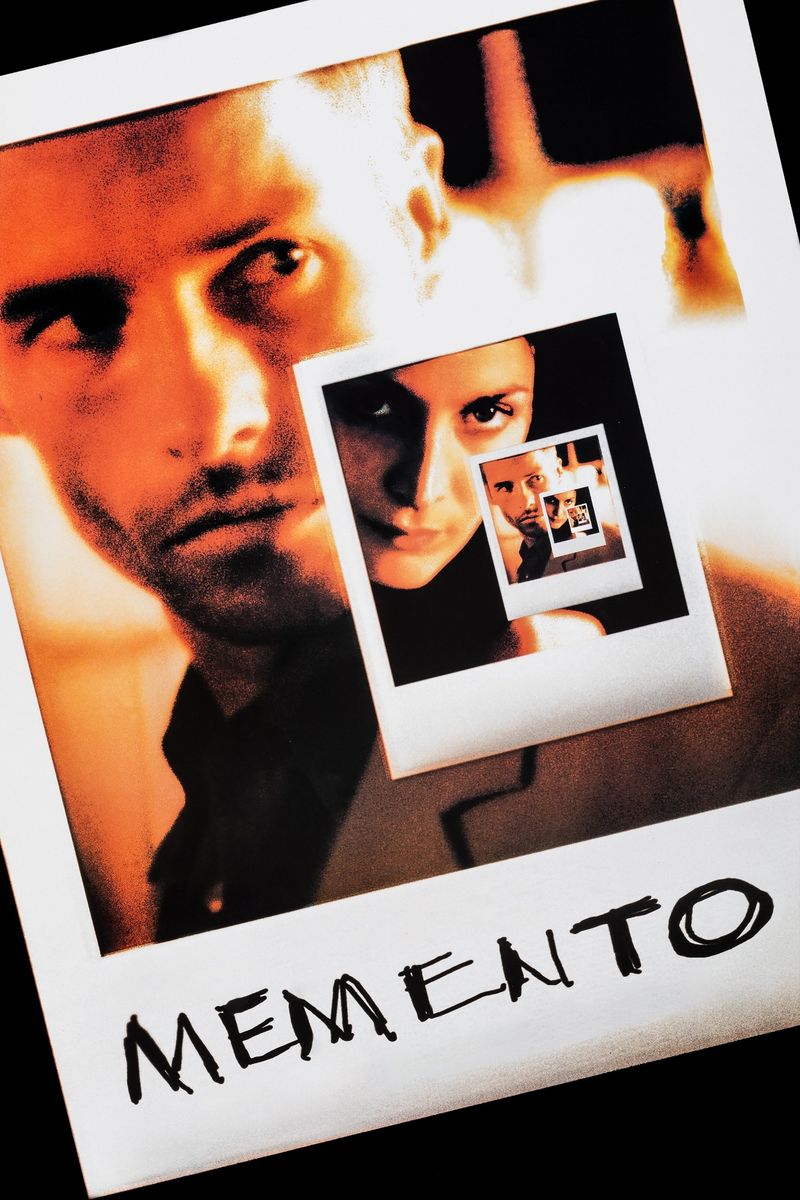
Unable to create new memories, Leonard Shelby is on a relentless quest to avenge his wife’s murder. Christopher Nolan’s groundbreaking film plays out backward, letting the audience experience Leonard’s fractured mind firsthand, with tattoos and Polaroids as his vital clues.
Black-and-white sequences moving forward in time intercut with color scenes moving backward, creating a disorienting experience that mimics Leonard’s confusion. We piece together clues alongside him, never quite sure what’s true.
The film’s genius lies in how it manipulates both Leonard and the audience. When the timeline finally converges and reveals the complete picture, we’re forced to reconsider everything—including whether justice or self-deception has been Leonard’s true motivation all along.
4. Shutter Island
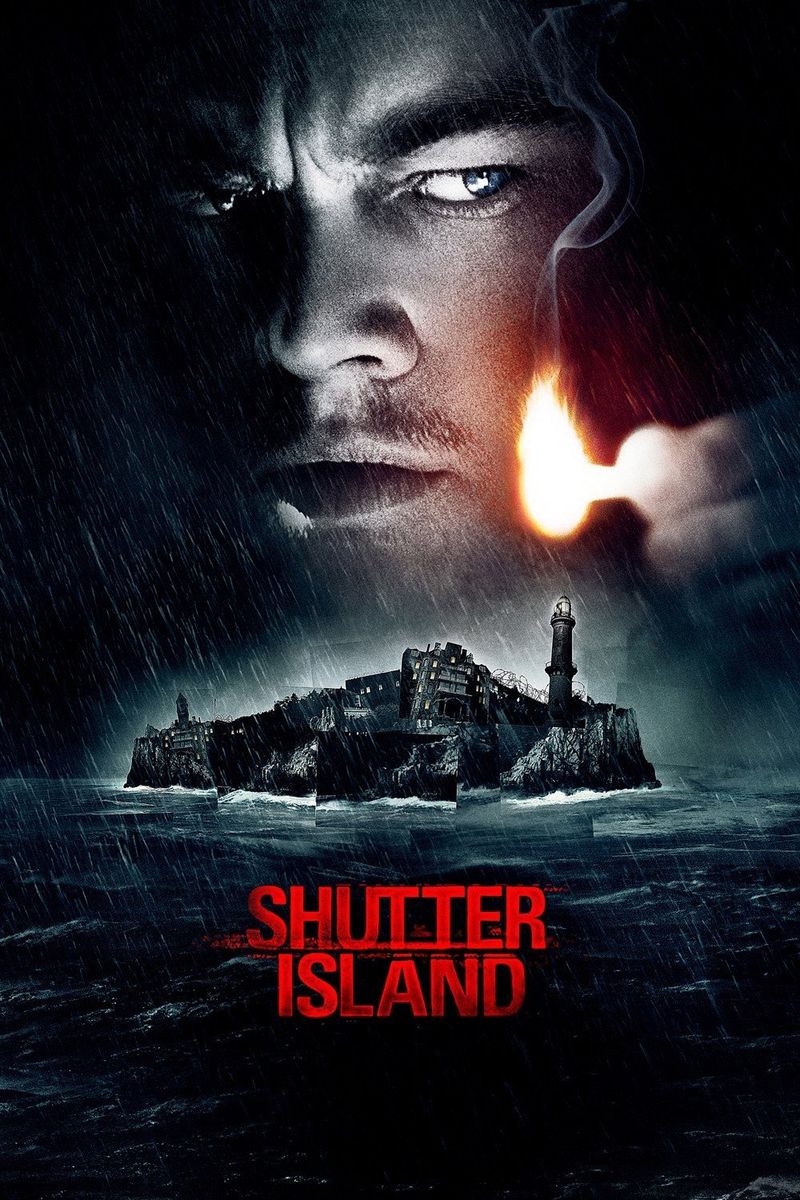
Federal Marshal Teddy Daniels arrives at Ashecliffe Hospital, an isolated asylum for the criminally insane, to investigate a patient’s disappearance. Storm clouds gather both literally and figuratively as Martin Scorsese crafts an atmosphere of increasing dread and paranoia.
Leonardo DiCaprio’s intense performance anchors the film as Teddy’s investigation uncovers bizarre medical experiments and a possible conspiracy. Haunted by visions of his dead wife and wartime trauma, his grip on reality loosens with each new discovery.
The film masterfully blends psychological horror with noir elements, leading viewers through a labyrinth of unreliable perceptions. When the devastating truth finally emerges about Teddy’s actual identity, it transforms everything that came before into a different, even more heartbreaking story.
5. Gone Girl
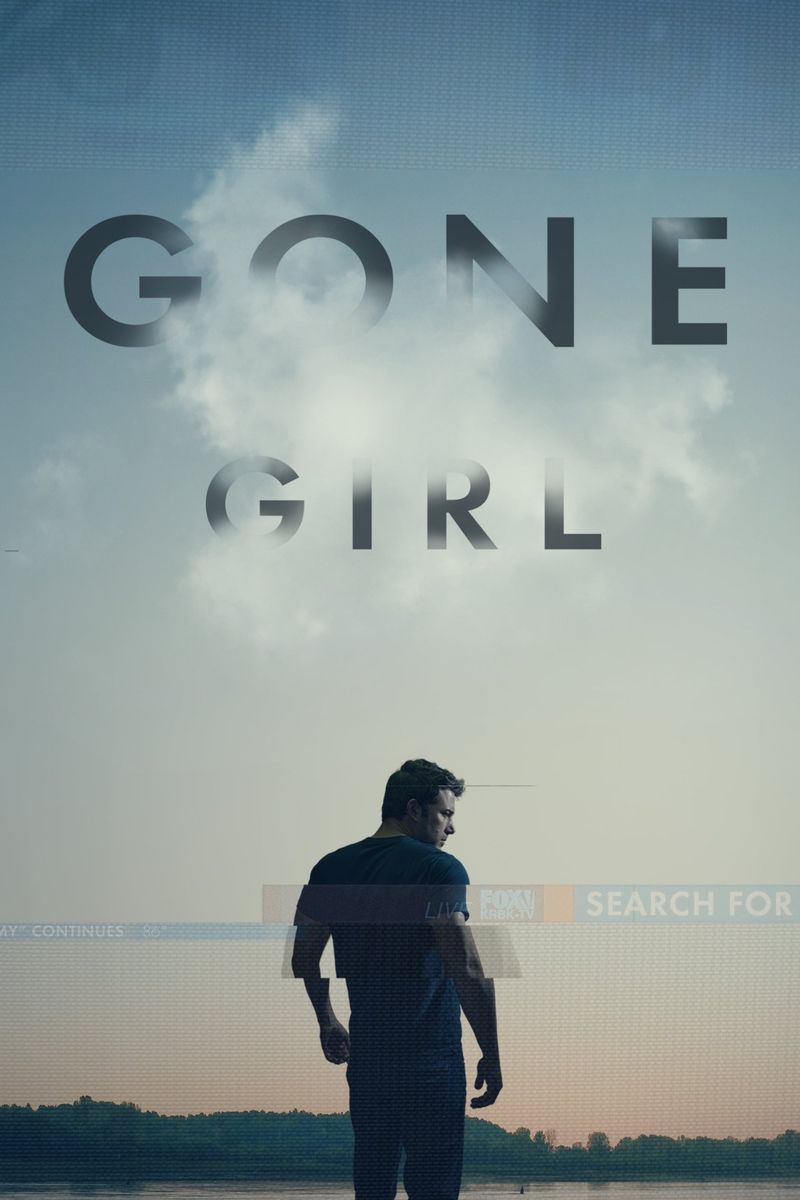
What begins as a seemingly straightforward missing person case evolves into something far more sinister. When Amy Dunne vanishes on her fifth wedding anniversary, all evidence points to her husband Nick—but director David Fincher is just setting the stage for one of cinema’s most shocking midpoint twists.
Rosamund Pike delivers a chilling performance as we gradually discover the elaborate chess game being played between husband and wife. The film ruthlessly dissects the facades couples construct and the stories they tell themselves about their relationships.
Gillian Flynn’s adaptation of her own novel creates something rare: a mystery where uncovering the truth only deepens the suspense. The final act forces viewers to confront uncomfortable questions about love, manipulation, and the prisons we build with our own choices.
6. Vertigo
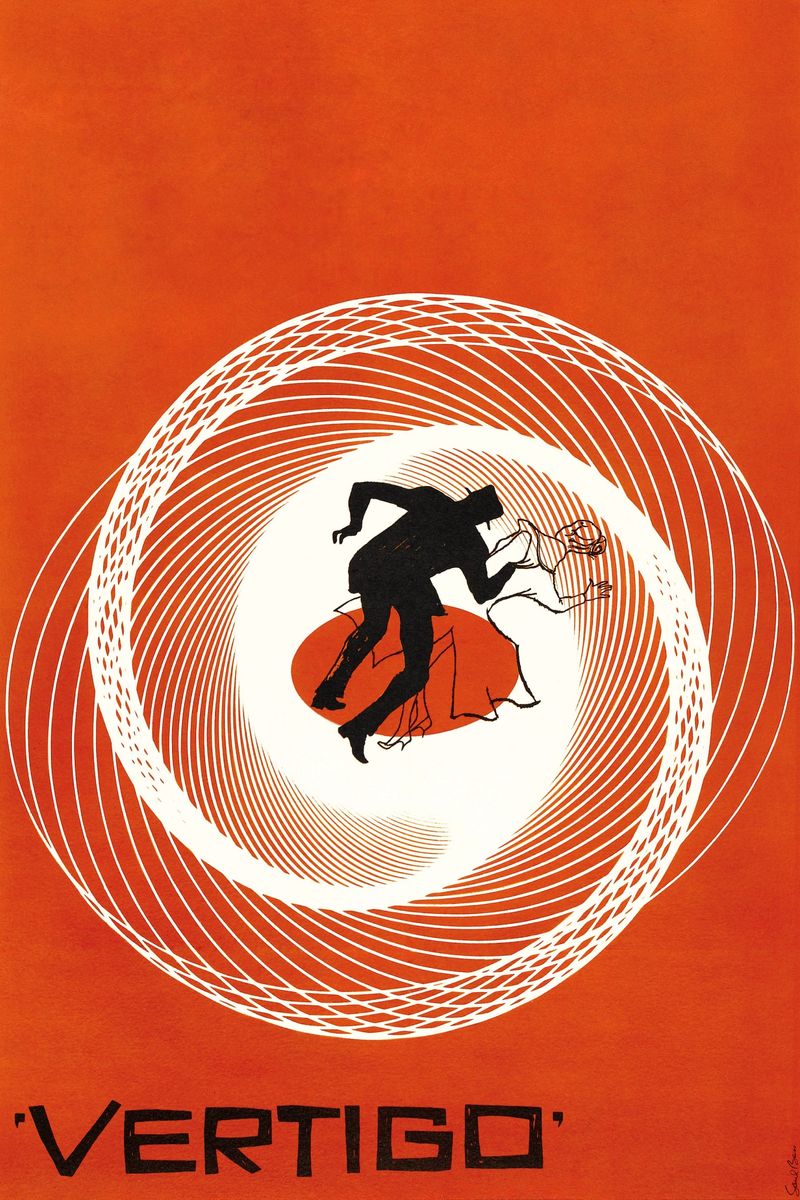
Retired detective Scottie Ferguson is hired to follow an old friend’s wife who appears possessed by the spirit of a dead woman. His assignment transforms into dangerous obsession after a tragic turn of events seemingly beyond his control.
Alfred Hitchcock’s 1958 masterpiece uses color, Bernard Herrmann’s haunting score, and innovative camera techniques (including the famous “vertigo effect”) to create a dreamlike atmosphere. James Stewart’s performance brilliantly subverts his wholesome image as his character descends into psychological torment.
The film’s genius lies in its misdirection. What initially appears to be a supernatural mystery gradually reveals itself as something far more disturbing—a meditation on male control, identity, and the destructive nature of trying to reshape someone into an impossible ideal.
7. Zodiac
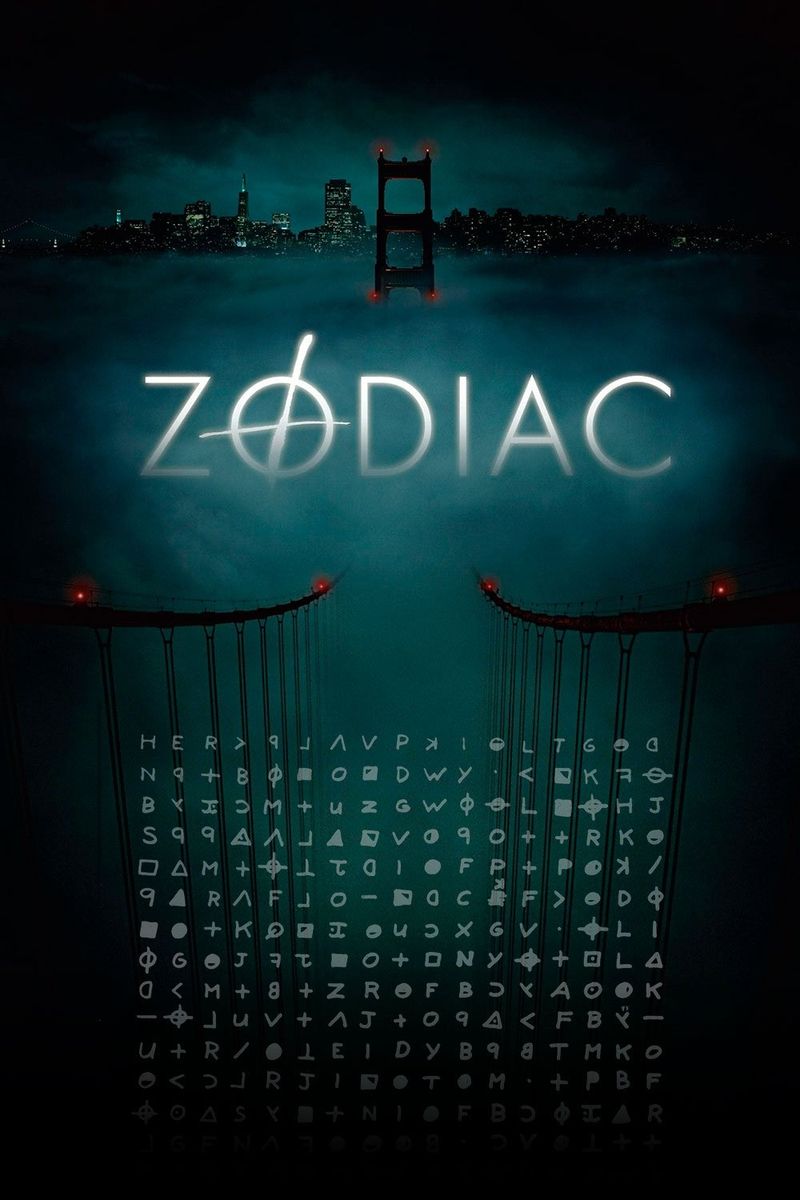
In the late 1960s, the Zodiac Killer terrorized San Francisco, taunting law enforcement with mysterious letters while leaving a trail of victims. David Fincher’s gripping thriller shifts the focus from the killings to the three men whose lives were consumed by the desperate search for answers.
Jake Gyllenhaal plays cartoonist Robert Graysmith, whose initial curiosity evolves into all-consuming obsession. The film’s muted color palette and attention to period detail create an atmosphere of mounting dread despite the absence of traditional thriller payoffs.
What makes Zodiac uniquely unsettling is its refusal to provide easy answers. The investigation spans years, relationships crumble, and certainty remains elusive. The film’s power comes from showing how the search for truth can become its own form of psychological horror.
8. Mystic River
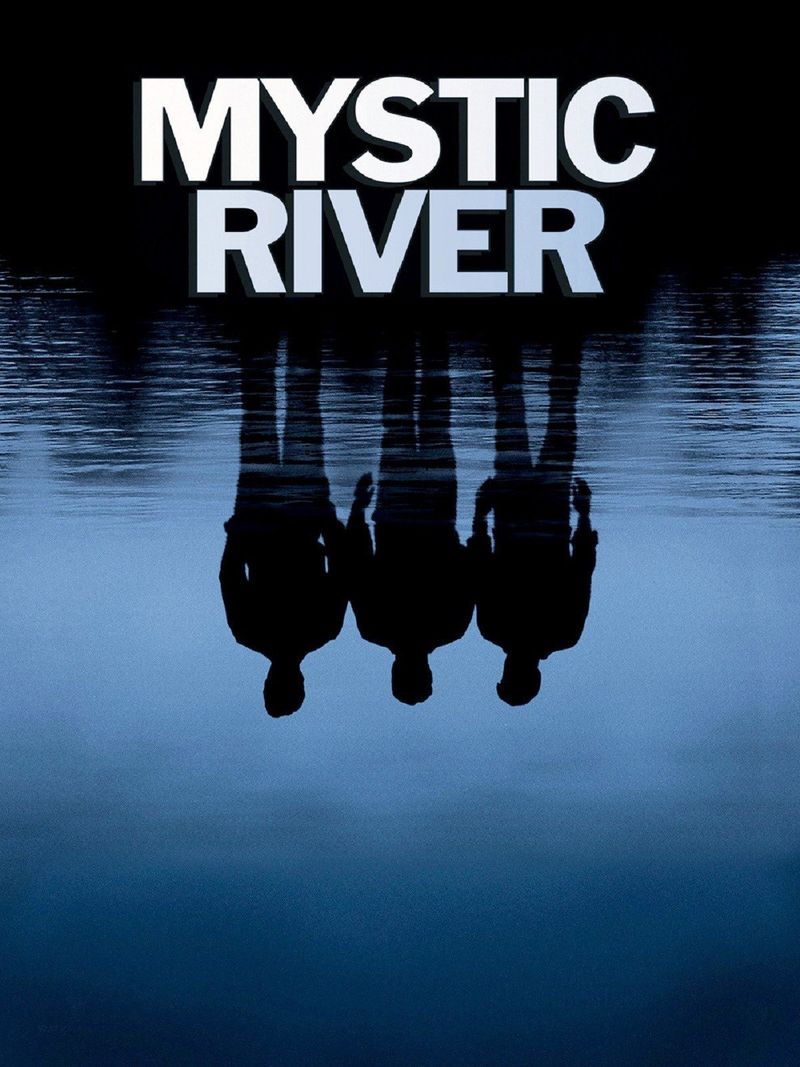
Three boys from a Boston neighborhood experience a horrific trauma that forever alters their friendship. Decades later, their paths converge again when one man’s daughter is murdered, another becomes the investigating detective, and the third falls under suspicion.
Clint Eastwood’s direction creates a somber mood where past and present wounds bleed together. Sean Penn, Tim Robbins, and Kevin Bacon deliver powerhouse performances as men carrying different forms of damage from their shared childhood experience.
The film’s brilliance lies in how it builds tension not just from the murder mystery, but from the tragic inevitability of how childhood trauma shapes adult choices. When the truth finally emerges about who killed the daughter, it reveals how easily justice can become another form of tragedy.
9. Clue
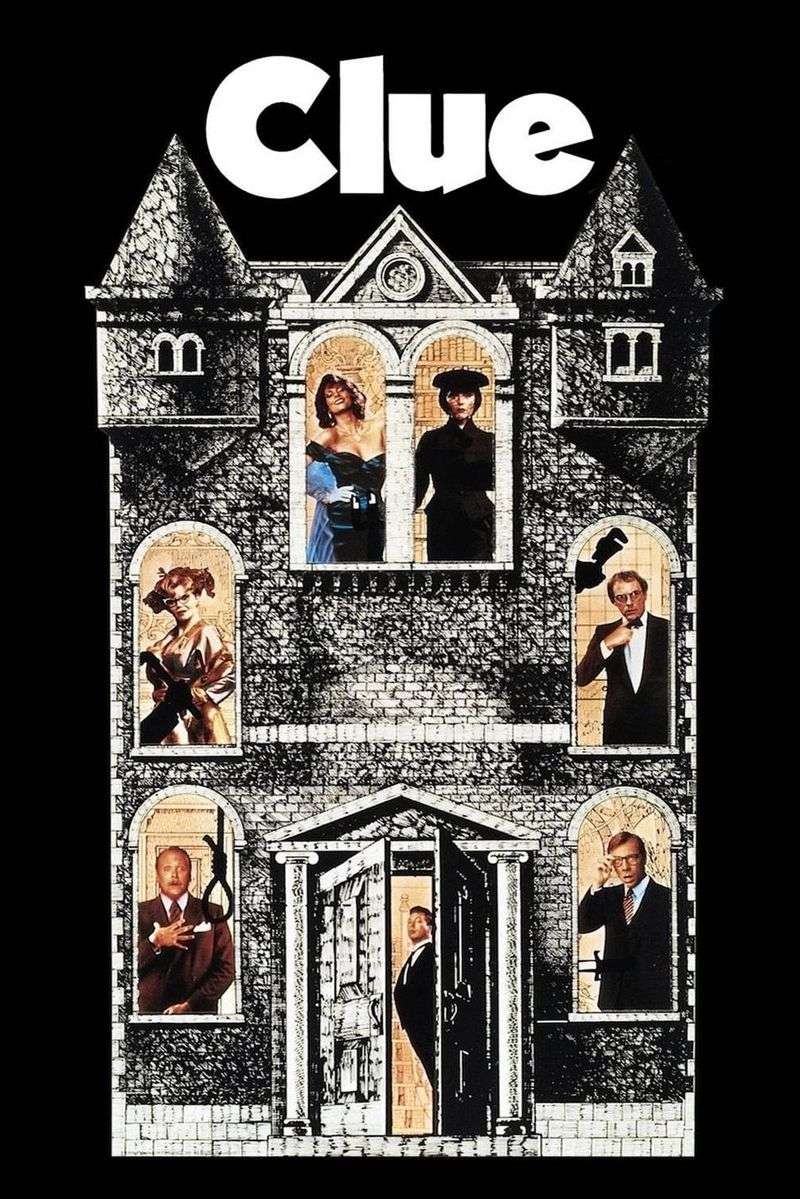
Six strangers gather at a mysterious mansion during a thunderstorm, each known only by a color-coded alias. When their host turns up dead, this ensemble cast must determine which of them is the killer before they become the next victims.
Unlike the other films on this list, Clue balances its mystery with rapid-fire comedy. Tim Curry’s performance as the butler Wadsworth provides the manic energy that propels the increasingly absurd situations as bodies pile up and secrets spill out.
The film’s most ingenious element was its multiple endings—different theaters showed different conclusions during its original release. This playful approach to the whodunit format turned the film into a genuine puzzle box that keeps viewers guessing while laughing at the deliberately over-the-top performances.

Comments
Loading…